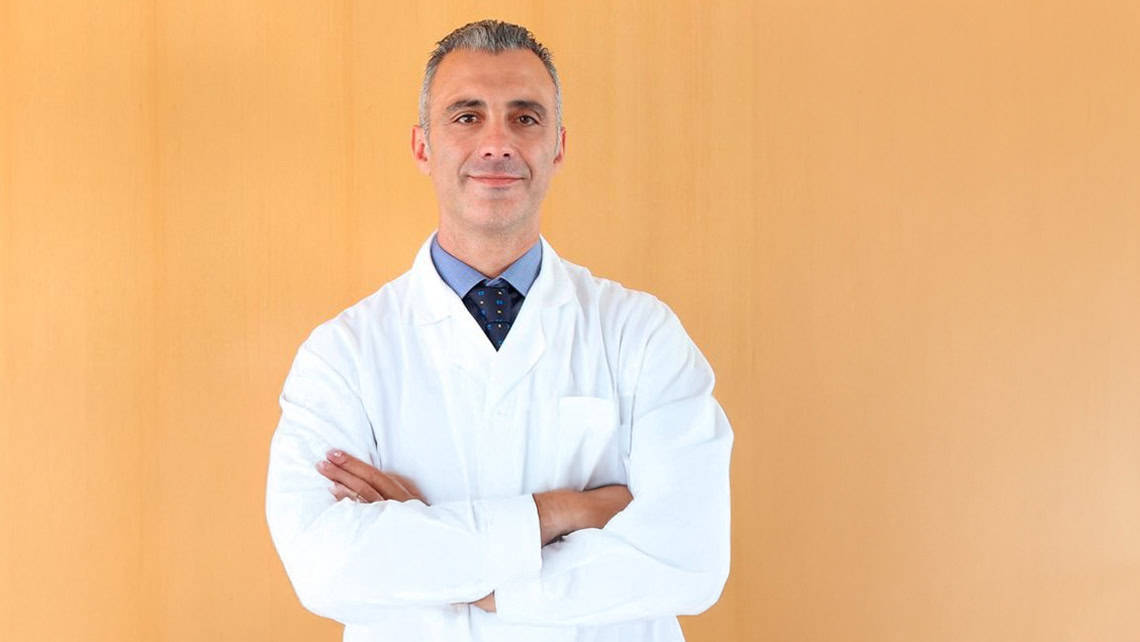Dr. Paolo Cirillo gives a talk on reproductive medicine in Alicante
November, 25th 2024

The director of Instituto Bernabeu Group’s Hysteroscopy Unit discusses the role of luteinizing hormone in ovarian stimulation.
On November 21, Dr. Paolo Cirillo, director of the Hysteroscopy Unit of the Instituto Bernabeu Group, gave a talk on the role of luteinizing hormone (LH) under the title ‘LH activity: sorting myths from reality’, which was attended by members of the Instituto Bernabeu medical team and the IB Biotech team.
During the talk, organized by IBSA (Meriofert), ‘we evaluated the role of recombinant human LH (r-hLH) and high purity human menopausal gonadotropin or high purity menotropin (hMG-HP) in ovarian stimulation,’ explained Dr. Cirillo.
LH activity in the medical field can come from two hormones: LH itself and human chorionic gonadotropin (hCG), both of which activate the LH/CG receptor. However, their origin is different. While LH is produced by the pituitary gland and regulates the menstrual cycle and ovulation, hCG is synthesized during pregnancy by the trophoblast, which allows it to mimic the functions of LH due to its similar structure.
A key aspect of fertility treatments is the use of hCG instead of LH, as its longer life expectancy ensures a sustained effect at lower cost. Despite this, in research and therapeutic applications, ‘LH activity’ often refers interchangeably to the effect of both hormones on the receptor, which can lead to confusion if the source used is not specified, Dr. Cirillo explained.
The gynecologist underlined that ‘it can be concluded that, in fertility treatments, hCG could be used because it has a longer life expectancy which allows a longer effect and a lower cost than LH’. If we take into account the origin, ‘for many therapeutic or diagnostic purposes, hCG can be used to mimic the activity of LH,’ underlined the doctor.
